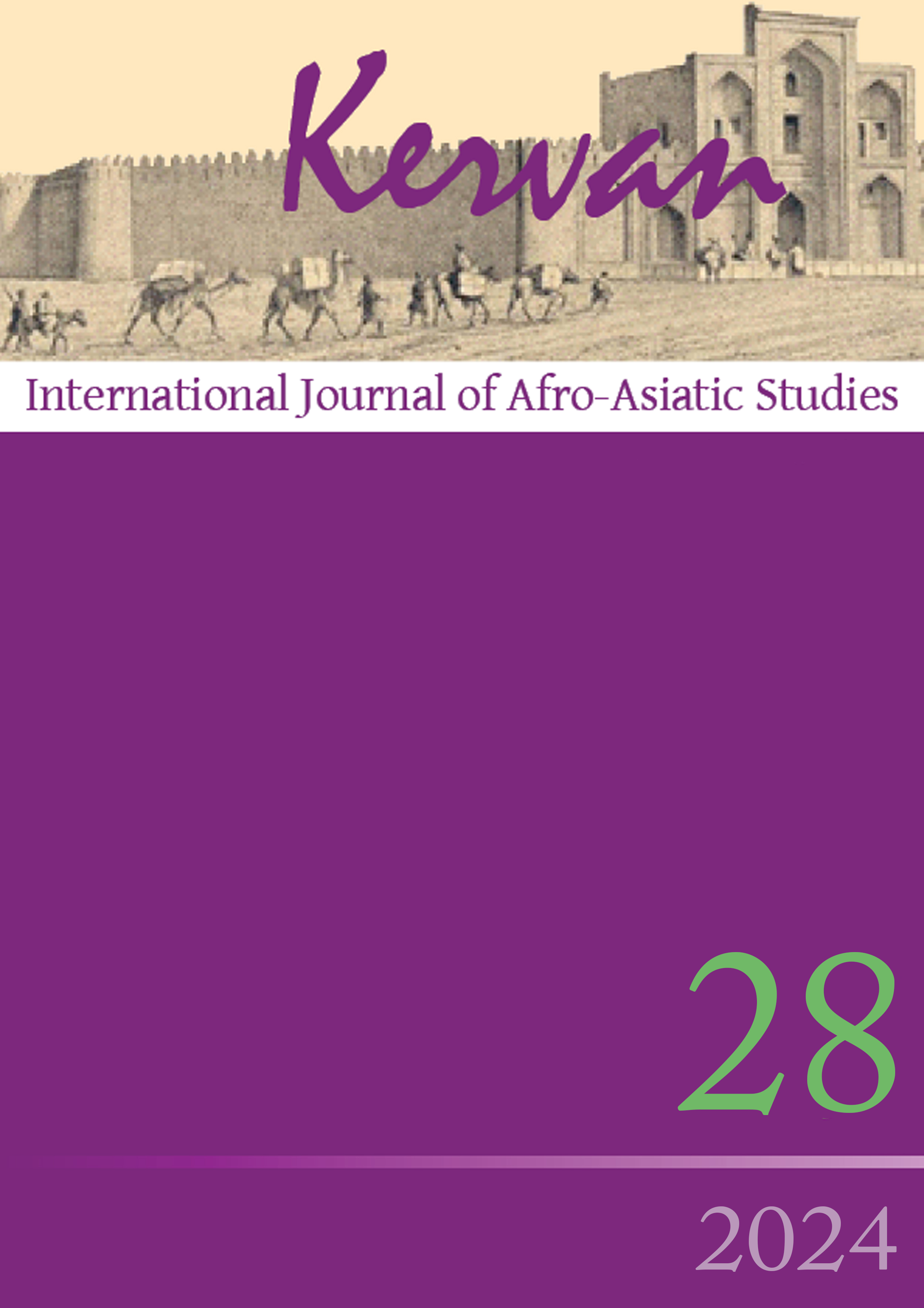Three cases of critical engagement of Sufis with modern Islamic trends
DOI:
https://doi.org/10.13135/1825-263X/9944Abstract
This article focuses on the topic of Sufi intellectual resistance through some emblematic case studies of Sufi authors in the late 19th and early 20th centuries. First, it analyses Fitna al-Wahhabiyya, a treatise that was written by Aḥmad Zaynī Daḥlān (1817–1886) in 1878, which proved to be a seminal work for later Sufi authors, and shows that some of the issues addressed in this text are recurrent ones in anti-Wahhabi polemics. Indeed, the cultural resistance of Sufism from the 19th century to the present day has been primarily directed against the doctrines of Wahhabism, the first current of Islamic thought to be structurally anti-Sufi. The fact that Aḥmad Zaynī Daḥlān was the Mufti of Mecca and a recognised scholar shows that these polemics were fully integrated into the scholarly religious debate of official Islam, in which Sufism and its doctrines occupied a prominent position. Furthermore, some Sufi masters set themselves the goal of refuting the theories of materialism and rationalism that were in vogue in the Islamic world in the late 19th and early 20th centuries. The work of the Egyptian Sufi master Sīdī Salāma ar-Rāḍī (1866-1939) entitled al-Insāniyya, published in 1938, is a polemical treatise against materialism, atheism and spiritualism that probably reflects the influence of René Guénon. The third case study examined is that of the Sudanese master Muḥammad ʿUṯmān ʿAbduhu al-Burhānī (1904-1983). The latter is an exemplary case of Sufi resistance in the second half of the 20th century, both in the face of censorship and in the face of the attempt to bring Sufi brotherhoods under government control.
Downloads
Downloads
Published
Issue
Section
License
Gli autori che pubblicano su Kervan accettano le seguenti condizioni:
- Gli autori mantengono i diritti sulla loro opera e cedono alla rivista il diritto di prima pubblicazione dell'opera, contemporaneamente licenziata sotto una Licenza Creative Commons - Attribuzione che permette ad altri di condividere l'opera indicando la paternità intellettuale e la prima pubblicazione su questa rivista.
- Gli autori possono aderire ad altri accordi di licenza non esclusiva per la distribuzione della versione dell'opera pubblicata (es. depositarla in un archivio istituzionale o pubblicarla in una monografia), a patto di indicare che la prima pubblicazione è avvenuta su questa rivista.


 The articles that have appeared on Kervan since 2016 are rated as Class A in the system of National Scientific Qualification (ASN, disciplines 10/N1 and 10/N3).
The articles that have appeared on Kervan since 2016 are rated as Class A in the system of National Scientific Qualification (ASN, disciplines 10/N1 and 10/N3). The journal has been approved for inclusion in DOAJ. The DOAJ listing of the journal is available at
The journal has been approved for inclusion in DOAJ. The DOAJ listing of the journal is available at  The journal has been approved for inclusion in ERIH PLUS. The ERIH PLUS listing of the journal is available at
The journal has been approved for inclusion in ERIH PLUS. The ERIH PLUS listing of the journal is available at  Kervan was just accepted for indexing in SCOPUS. This important milestone ensures that articles published in Kervan are easily found when searching for library, archives and Information science and it enables Kervan authors to keep track of how often their article has been cited by others.
Kervan was just accepted for indexing in SCOPUS. This important milestone ensures that articles published in Kervan are easily found when searching for library, archives and Information science and it enables Kervan authors to keep track of how often their article has been cited by others.

